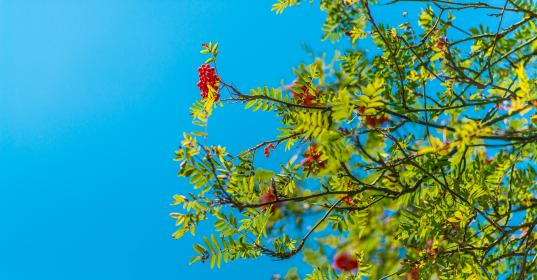Happy Moltmann Monday! Today’s selection is from The Spirit of Life in a chapter entitled “Theology of Mystical Experience” which is worth reading in its entirety. Here’s a small taste:
Meditation is in fact an ancient method of arriving at knowledge which has been pushed aside by our modern activism. Meditation is a mode of perception which we continually practice in everyday life without noticing it particularly, and without surrendering ourselves to it. We see that a tree is beautiful–but we still drive past it at fifty miles an hour. We become aware of ourselves–and hurry off to work, forgetting ourselves altogether.
When we try to get to know something by the methods of modern science, we know in order to achieve mastery: ‘knowledge is power,’ proclaimed Francis Bacon. We take possession of our object and no longer respect it for what it is…Reason has become a productive organ which is hardly still capable of perceiving things. But meditation is pre-eminently a way of sensory perception, of receiving, of absorbing and participating.
Moltmann then goes on to describe what happens when we meditate, in contrast to what happens when we seek knowledge to achieve mastery. In meditation, we are focused on our perception, not our knowledge. He continues,
The act of perception transforms the perceiver, not what is perceived. Perception confers communion. We know in order to participate, not in order to dominate…
Objectively assured knowledge is acquired only by excluding all subjective factors. We want to ‘grasp’ everything. We acquire knowledge by means of our grasping, possessive and colonizing hands. Once we have ‘grasped’ something, we can do what we like with it. So we know in order to ‘master’ our object…The result is pure domination…
I want to pause here and point out that our perception is that we have achieved pure domination of an object, which of course is a lie. But it is a potent one. If we believe we dominate, we act like we dominate, and if we believe it and act it strongly enough, it does manifest itself in the world, which is what’s behind all the most dangerous -isms in the world. Racism, sexism, classism, etc. Moltmann is about to emphasize this, and also get very up in our faces about why we don’t meditate, and why we should:
The pragmatic way of grasping has very obvious limits, and beyond these limits the destruction of life begins. This does not only apply to our dealings with other people. It is true of our dealings with the natural environment too.
But the meditative way of understanding seems to be even more important when it is applied to our dealings with our own selves. People take flight into relationships, into social action and into political praxis, because they cannot endure what they themselves are. They have ‘fallen out’ with themselves…But the people who throw themselves into practical life because they cannot come to terms with themselves simply become a burden for other people. Social praxis and political involvement are not a remedy for the weakness of our own personalities. Men and women who want to act on behalf of other people without having deepened their own understanding of themselves, without having built up their own capacity for sensitive loving, and without having found freedom towards themselves, will find nothing in themselves that they can give to anyone else.
And there you have it. If we are to live and move as people of the Spirit in this world, if we are to be people of action and contemplation, we have to begin with our own hearts and minds. When we meditate, we quiet ourselves down enough to listen to our lives, which requires us to be honest and to notice what may need to be changed. The upside is that by listening to our lives, we also can begin to intuit what we need to do next, what we most long for, what may be holding us back.
I meditate for a number of reasons, but I do love and affirm what Moltmann describes as the heart-function of meditation here. Meditation is a way to remain anchored in the reality that our hands and brain and life is not for grasping but for communing. To participate in the life of God and in the goodness of this world and to return to breathing, always breathing. And it is a reminder that if we want to give anything worthwhile to others, we must begin by cultivating what is worthwhile in our own selves first.

Add Your Voice!